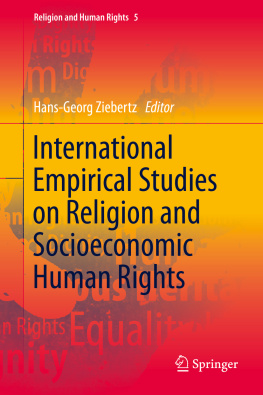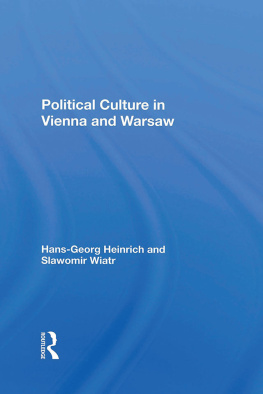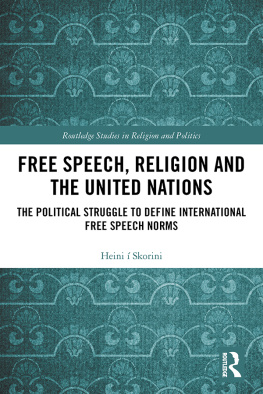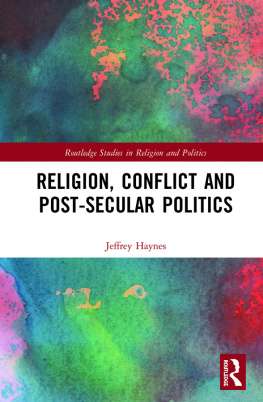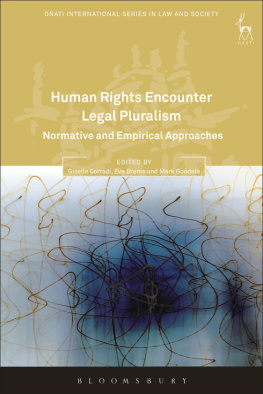Hans-Georg Ziebertz - International Empirical Studies on Religion and Socioeconomic Human Rights
Here you can read online Hans-Georg Ziebertz - International Empirical Studies on Religion and Socioeconomic Human Rights full text of the book (entire story) in english for free. Download pdf and epub, get meaning, cover and reviews about this ebook. year: 2020, publisher: Springer International Publishing, genre: Politics. Description of the work, (preface) as well as reviews are available. Best literature library LitArk.com created for fans of good reading and offers a wide selection of genres:
Romance novel
Science fiction
Adventure
Detective
Science
History
Home and family
Prose
Art
Politics
Computer
Non-fiction
Religion
Business
Children
Humor
Choose a favorite category and find really read worthwhile books. Enjoy immersion in the world of imagination, feel the emotions of the characters or learn something new for yourself, make an fascinating discovery.
- Book:International Empirical Studies on Religion and Socioeconomic Human Rights
- Author:
- Publisher:Springer International Publishing
- Genre:
- Year:2020
- Rating:5 / 5
- Favourites:Add to favourites
- Your mark:
- 100
- 1
- 2
- 3
- 4
- 5
International Empirical Studies on Religion and Socioeconomic Human Rights: summary, description and annotation
We offer to read an annotation, description, summary or preface (depends on what the author of the book "International Empirical Studies on Religion and Socioeconomic Human Rights" wrote himself). If you haven't found the necessary information about the book — write in the comments, we will try to find it.
International Empirical Studies on Religion and Socioeconomic Human Rights — read online for free the complete book (whole text) full work
Below is the text of the book, divided by pages. System saving the place of the last page read, allows you to conveniently read the book "International Empirical Studies on Religion and Socioeconomic Human Rights" online for free, without having to search again every time where you left off. Put a bookmark, and you can go to the page where you finished reading at any time.
Font size:
Interval:
Bookmark:
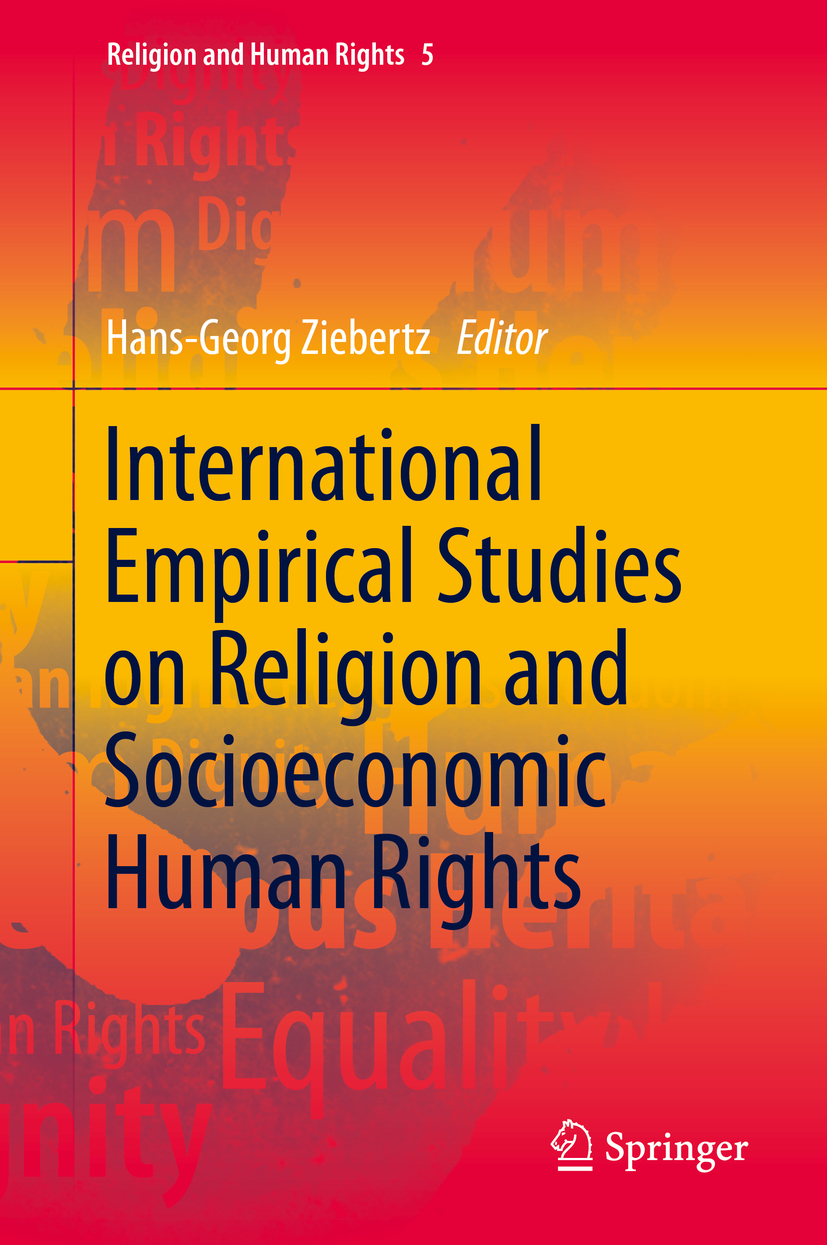
This series investigates how religion can both challenge and contribute to a vibrant human rights culture in different national contexts, as well as in cross-national contexts. It offers empirical and theoretical perspectives on the different generations of human rights, and generates new knowledge on the connection between religion and human rights.
All religions claim that their ethical aspirations and moral duties contribute to the well-being and welfare of individual human beings, groups, and communities. This applies particularly to the golden rule which plays an important role in the ethical groundwork of all religious traditions, and which is also foundational for human rights. However, to what extent is this universal principle actually observed within and between different religions, within and between nations, and within the secular world? To what extent (if at all) do religions contribute to the realisation of human rights or to the prevention of violations of human rights? This series addresses these questions by means of an empirical and comparative approach. Each volume focuses on specific human rights, and this volume addresses political rights such as active and passive right to vote, the right to protest and the political rights of refugees; and judicial rights such as equality before the law, the right to independent and imparital judgement, and the presumption of innocence.
More information about this series at http://www.springer.com/series/15597

This Springer imprint is published by the registered company Springer Nature Switzerland AG.
The registered company address is: Gewerbestrasse 11, 6330 Cham, Switzerland
In 1966 the General Assembly of the UN agreed on the International Covenant on Economic, Social and Cultural Rights (adopted 1976). The preamble points out that in recognition of the inherent dignity and of the equal and inalienable rights of all members of the human family the ideal of free human beings enjoying freedom from fear can only be achieved if conditions are created whereby everyone may enjoy his economic, social and cultural rights, as well as his civil and political rights. This group of human rights includes economic rights , rights with regard to social security , labour and employment , as well as cultural rights which may be regarded as a shield for the protection of human dignity , especially of specific groups, such as women , children and refugees (Vierdag ). In this book, the term socio-economic rights is used as an umbrella for these contents.
However, the enforceability of those rights clearly distinguishes them from other rights, such as the civil rights. From the beginning, these rights were confronted with the problem that the Covenant can be red programmatically and its justiciability is questioned. Even though states are obliged to ensure socio-economic rights, their enforcement is still difficult. That makes these rights arbitrary and dependent on a political environment that ensures an understanding of these rights as a political challenge. Presumably the more intense civil society demands these rights, the more the government will promote their implementation. Enforcing socio-economic rights requires the involvement not only of stakeholders who advocate these rights, but of every person.
Like civil and political rights, economic, social and cultural rights impose three different types of obligations on States: the obligations to respect, protect and fulfil. Failure to perform any one of these three obligations constitutes a violation of such rights. The obligation to respect requires States to refrain from interfering with the enjoyment of economic, social and cultural rights. Thus, the right to housing is violated if the State engages in arbitrary forced evictions. The obligation to protect requires States to prevent violations of such rights by third parties. Thus, the failure to ensure that private employers comply with basic labour standards may amount to a violation of the right towork or the right to just and favourable conditions of work. The obligation to fulfil requires States to take appropriate legislative, administrative, budgetary, judicial and other measures towards the full realization of such rights. Thus, the failure of States to provide essential primary health care to those in need may amount to a violation. (art. 6).
Font size:
Interval:
Bookmark:
Similar books «International Empirical Studies on Religion and Socioeconomic Human Rights»
Look at similar books to International Empirical Studies on Religion and Socioeconomic Human Rights. We have selected literature similar in name and meaning in the hope of providing readers with more options to find new, interesting, not yet read works.
Discussion, reviews of the book International Empirical Studies on Religion and Socioeconomic Human Rights and just readers' own opinions. Leave your comments, write what you think about the work, its meaning or the main characters. Specify what exactly you liked and what you didn't like, and why you think so.

